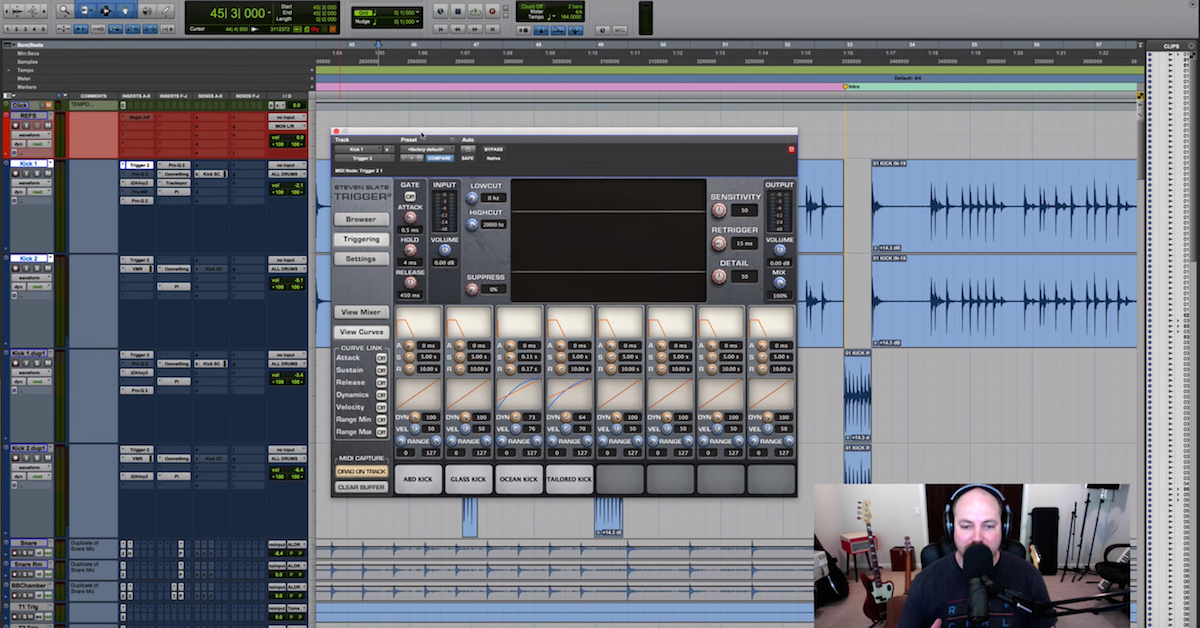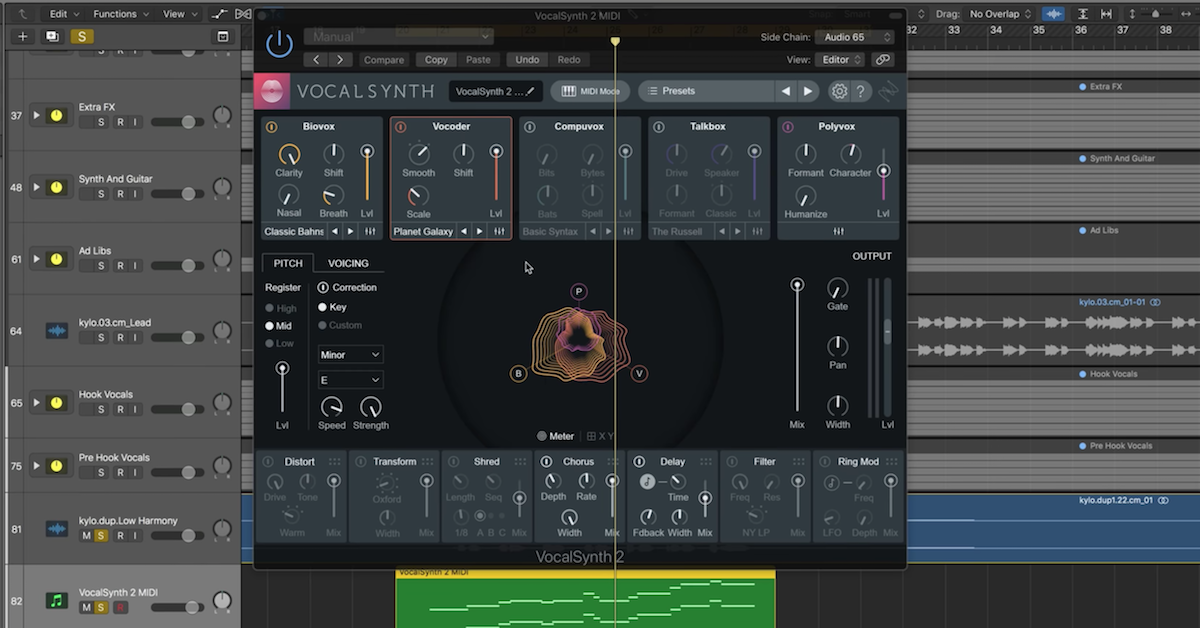5 Legal Mistakes to Avoid in the Studio
Article Content
If you live in the United States, you already know that we love to sue each other. It’s practically a national pastime. An incredible 15 million lawsuits are filed in the country roughly each year. According to the American Bar Association, there are over 1 million lawyers out there — presumably ready to take you to court at any time. I don’t think I need to say much to convince you that it’s best to avoid getting tangled up in arduous and time-consuming legal battles. So, whether you’re a producer, engineer, and/or artist, keep these tips in mind and you’ll have one less headache to deal with in the future.
1. Please Sign Here
Get everything in writing. Plain and simple. And do it before you do anything else. It’s the easiest way to stop problems from popping up later. “Everyone goes into a project with the best of intentions,” says producer/engineer Robert L. Smith (Lady Gaga, U2, The Ting Tings, Duran Duran). “But I’ve seen too many projects end in tragedy. If you had a contract, you’d have something to fan the flames with.”
A proper agreement really does give you the chance to illustrate exactly what’s expected of everyone involved. Also, don’t forget to speak with an attorney (that works exclusively for you) before actually signing anything.
2. Sample Scandals
Unauthorized sampling is usually a disaster waiting to happen. It can lead to so much trouble, including major financial loss. The craziest part is that sometimes you might think you have the right to use a portion of a song when you actually don’t.
Remember what happened to The Verve? Allen Klein, former manager of The Rolling Stones, was able to acquire all royalties for “Bitter Sweet Symphony” after The Verve sampled some of the orchestral version of “The Last Time”. Klein’s claim was that the sample was longer than originally agreed upon. If the exact sample you’re using hasn’t been cleared, tread lightly.
These “scandals” always seem to float to the surface eventually.
Last year, Moby was sued by record label VMG Salsoul for allegedly using unlicensed samples in his songs “Next is the E” and “Thousand”. These were tracks released more than 20 years ago! According to Billboard, “The plaintiff demands statutory damages of up to $150,000 for each allegedly willful infringement plus profits and attorneys’ fees.” That’s not chump change.
3. Pay The Piper
We’re not all rolling in dough but if you’re using someone else’s time and skill to help further your project or career, give them something in return. I’m not saying it absolutely has to be money (although most people certainly wouldn’t mind it) but it does have to be something. How about buying them lunch at the very least?
When I was starting out, I worked for next to nothing (as most do in this field). I even signed agreements with artists saying that I would never try to collect anything from them. One such group made it pretty big and even won a Grammy recently. I was solely an assistant engineer at the time, so I felt it wasn’t a big deal as long as I earned credit on the album.
Now, having to pay rent in NYC every month, I can’t afford to work for free. And neither can session musicians or the person who’s mixing your song. Support those you collaborate with and everyone wins.
4. Plagiarism Parade
We’re living in a time where people like to sue based on the “feel” of a song. I’m sure you already guessed that I’m talking about the case brought by Marvin Gaye’s estate against “Blurred Lines”. It’s ridiculous but that’s what makes this so significant. The fact is that songs can (and often do) sound similar. How can you tell if you’ve accidentally copied an already existing song? The easiest way is to show the track to a couple of friends before you finish it. Make sure none of them say, “That sounds just like this Huey Lewis song I know!”
As Questlove told Vulture in regards to the “Blurred Lines” case, “Look, technically it’s not plagiarized. It’s not the same chord progression. It’s a feeling. Because there’s a cowbell in it and a fender Rhodes as the main instrumentation — that still doesn’t make it plagiarized. We all know it’s derivative. That’s how Pharrell works. Everything that Pharrell produces is derivative of another song — but it’s an homage.”
5. Credit Catastrophes
How many of you have been improperly credited on an album? Or worse: not at all? I bet quite a few. With so much competition out there, receiving the correct credit on a record is crucial. In an article for Tape Op, producer/engineer Jim Janik (Jennnifer Lopez, Puff Daddy, Angie Stone, Lil’ Kim) wrote, “Credits are important, just as important as (or maybe more important than), whatever money we make for doing the gig.”
The question of course becomes “how do you guarantee your credit?” Well, you honestly can’t because there are always going to be slip-ups. But, once again, if you have something in writing, it’s better than nothing.
“One type of legal issue I’ve seen come about in the studio, especially in writing sessions, involves discrepancies in writing contribution,” remarks Shawn Cohen, Director of A&R at Wind-up Records. “I always advise my artists to set some mutually agreed expectations with a co-writer before beginning a session. To promote a creative atmosphere, I encourage our artists to start a session with the agreed assumption of splitting the writing share 50/50 with a co-writer. While paperwork could be in place, that too often casts a ‘corporate’ vibe on what is supposed to be a creative process. Nothing is worse than splitting hairs on writing contribution after the fact though. In the end, what could have been agreed upon on the onset with a handshake turns into managers, publishers, and attorneys fighting to claim their client’s share.”





